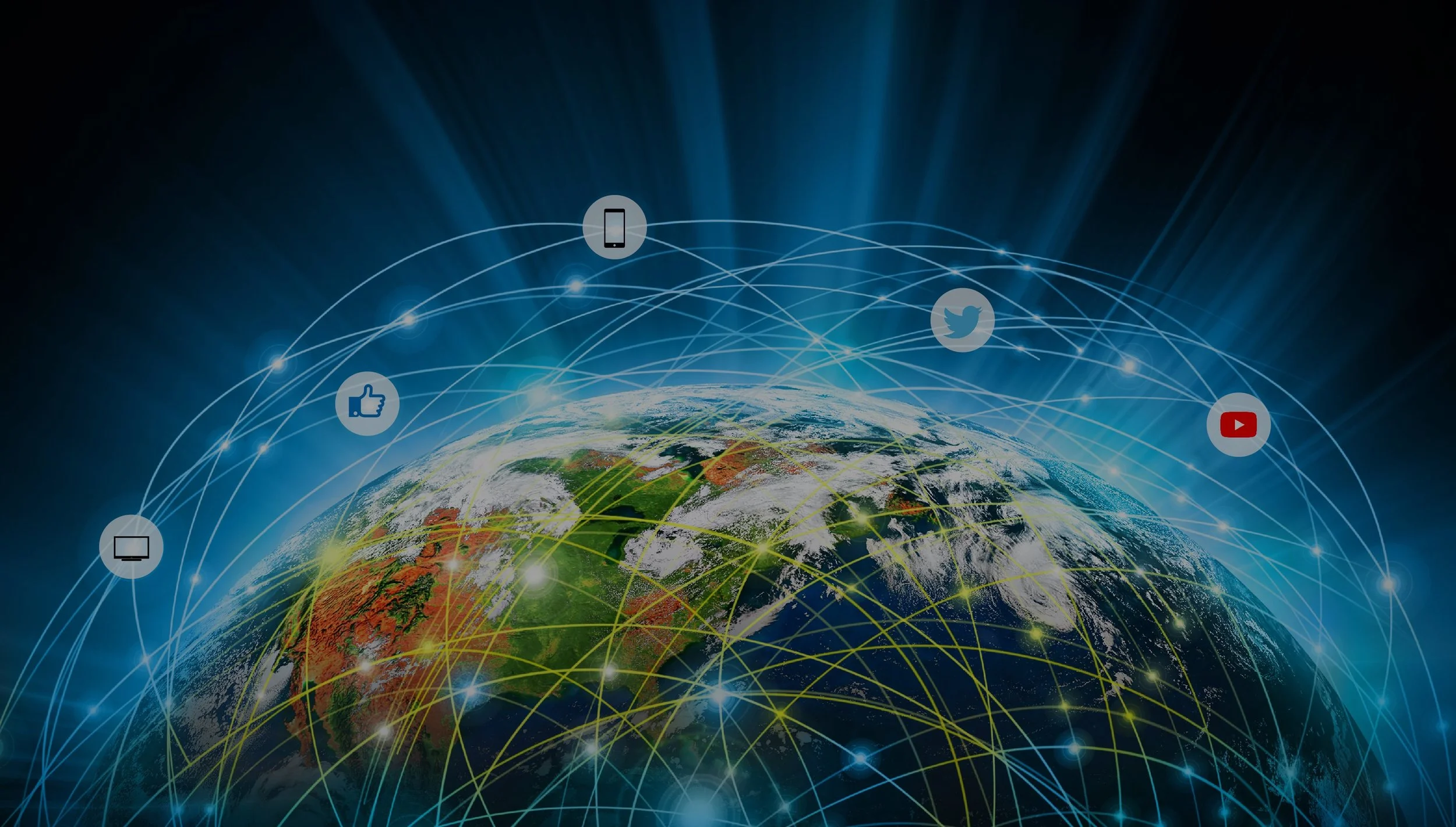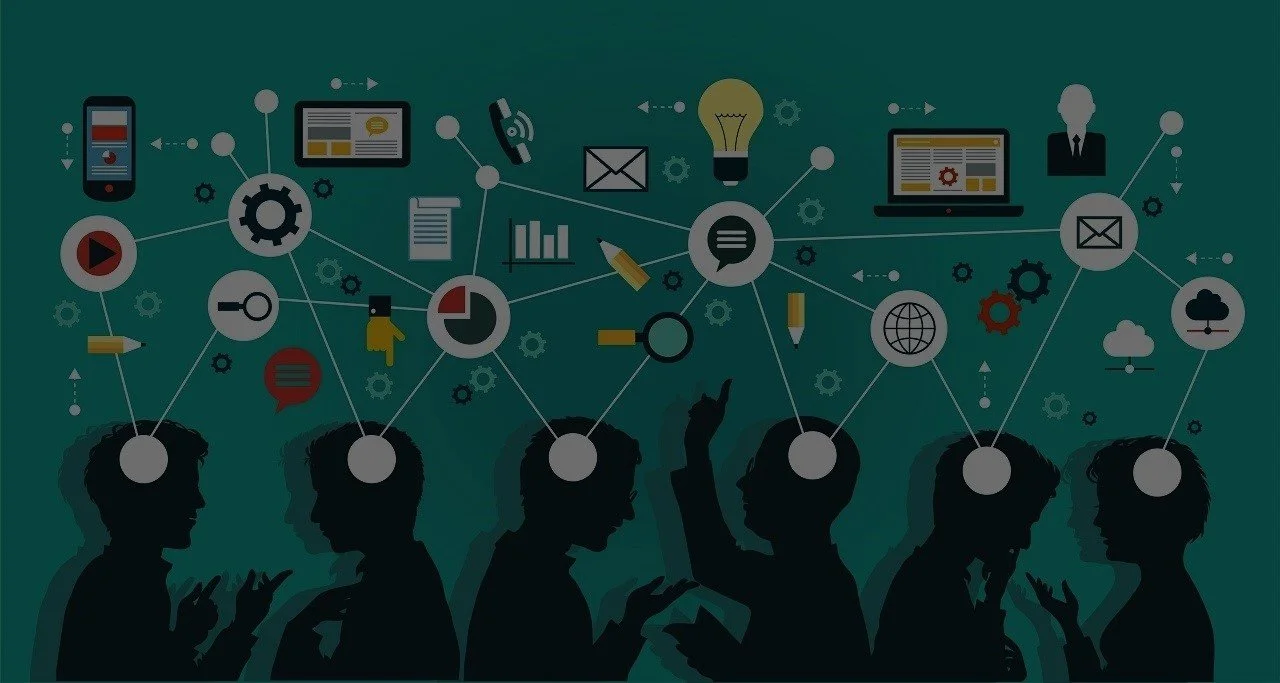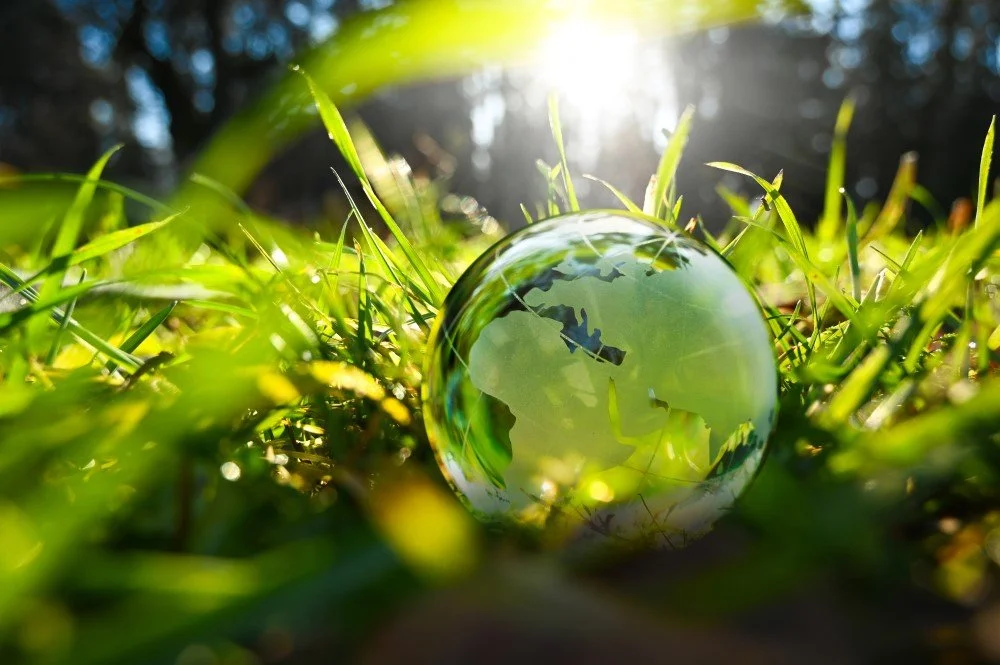Reaffirm our commitment to respect, protect and fulfil human rights for all, both online and offline, as proclaimed in the Universal Declaration of Human Rights and other human rights instruments, as well as the Freedom Online Coalition’s various statements and declarations, including the Tallinn Agenda and Helsinki Declaration.
Recommendations for Freedom Online Adopted in Tallinn, Estonia on April 28, 2014 by Ministers of the Freedom Online Coalition
Reaffirming our commitment to respect and protect the human rights and fundamental freedoms proclaimed in the Universal Declaration of Human Rights and endorsed in the Freedom Online Coalition’s Founding Declaration. Recalling our obligation to adopt and encourage policies and practices, nationally and internationally, that promote the protection of human rights and fundamental freedoms online, in particular freedom of expression, including the freedom to seek, receive and impart information, the right to privacy, as set out in the article 17 in the International Covenant on Civil and Political Rights, and the freedom of peaceful assembly and association.
FOC Joint Statement on Artificial Intelligence and Human Rights
The Freedom Online Coalition (FOC) is a group of 32 countries deeply committed to the promotion and protection of human rights and fundamental freedoms both offline and online. We are committed to working together to support Internet freedom and human rights for individuals worldwide – including the freedoms of expression, association, peaceful assembly, and privacy rights.
1-The-Hague-FOC-Founding-Declaration-With-Signatories-as-of-2013
Underscoring our commitment to respect the human rights and fundamental freedoms proclaimed in the Universal Declaration of Human Rights, and reaffirming that everyone has the right to freedom of opinion and expression, including the freedom to hold opinions without interference and to seek, receive and impart information and ideas through any media and regardless of frontiers, as well as the right to freedom of assembly and association, the right to the protection of the law against arbitrary interference with his or her privacy, and the freedom of religion or belief, amongst others.
THE ROLE OF ODA IN STRENGTHENING MEDIA INTEGRITY FOR SUSTAINABLE DEVELOPMENT
The DAC defines official development assistance (ODA) as “government aid that promotes and specifically targets the economic development and welfare of developing countries.” Understanding of this definition has changed over time, recognising, for example, the emergence of “non-DAC providers or philanthropic foundations, the diversification of financial instruments for development, or the increasing overlap of development cooperation policy objectives with those of other sectors such as migration and security.”
PRINCIPLES ON RELEVANT|EFFECTIVE SUPPORT TO MEDIA AND THE INFORMATION ENVIRONMENT
A well-functioning independent media system is critical to sustainable social and economic development, and a bulwark of peaceful, economically prosperous societies. Greater citizen engagement, stronger accountability and lower corruption are all attributable to the presence of professional news media. A vibrant news sector is also fundamental as the first line of defence against democratic backsliding and autocratisation, whose first step is often to undermine media freedom and financial viability. Credible news media provide sunlight on critical social, economic and political issues to ensure a well-informed civil society and accountability of industry and private interests
SHIFTING FUNDING PRACTICES
Build and Share Power: Non-profits and movement leaders have traditionally not been present in rooms where governments and corporations make big structural decisions. This is especially true for black-, indigenous-, and people of color-led organisations, as well as those led by women, young people, and people with disabilities. Funders can help re-balance these inequities. They can achieve this by sharing power with and building power for the social sector, giving more resources directly at the local level to organisations with local leadership and local ownership, and making more robust investments in organizations led by proximate leaders of color. More inclusive decision-making structures and spaces need to be designed.
PACT FOR THE FUTURE |PART TWO
We commit to achieving a world in which humanity lives in harmony with nature, to conserving and sustainably using our planet’s marine and terrestrial resources, including through sustainable lifestyles, and sustainable consumption and production, to reversing the trends of environmental degradation, to promoting resilience, to reducing disaster risk, and to halting ecosystem degradation and biodiversity loss. We will conserve and sustainably use oceans and seas, freshwater resources, as well as forests, mountains and dry lands and protect biodiversity, ecosystems and wildlife.
PACT FOR THE FUTURE
We, the Heads of State and Government, representing the world's people, have gathered at United Nations Headquarters to take action to safeguard the future for present and coming generations. We are at a moment of acute global peril. Across our world, people are suffering from the effects of poverty, hunger, inequality, armed conflicts, violence, displacement, terrorism, climate change, disease, and the adverse impacts of technology. Humanity faces a range of potentially catastrophic and existential risks. We are also at a moment of opportunity, where advances in knowledge and technology, properly managed, could deliver a better future for all.










